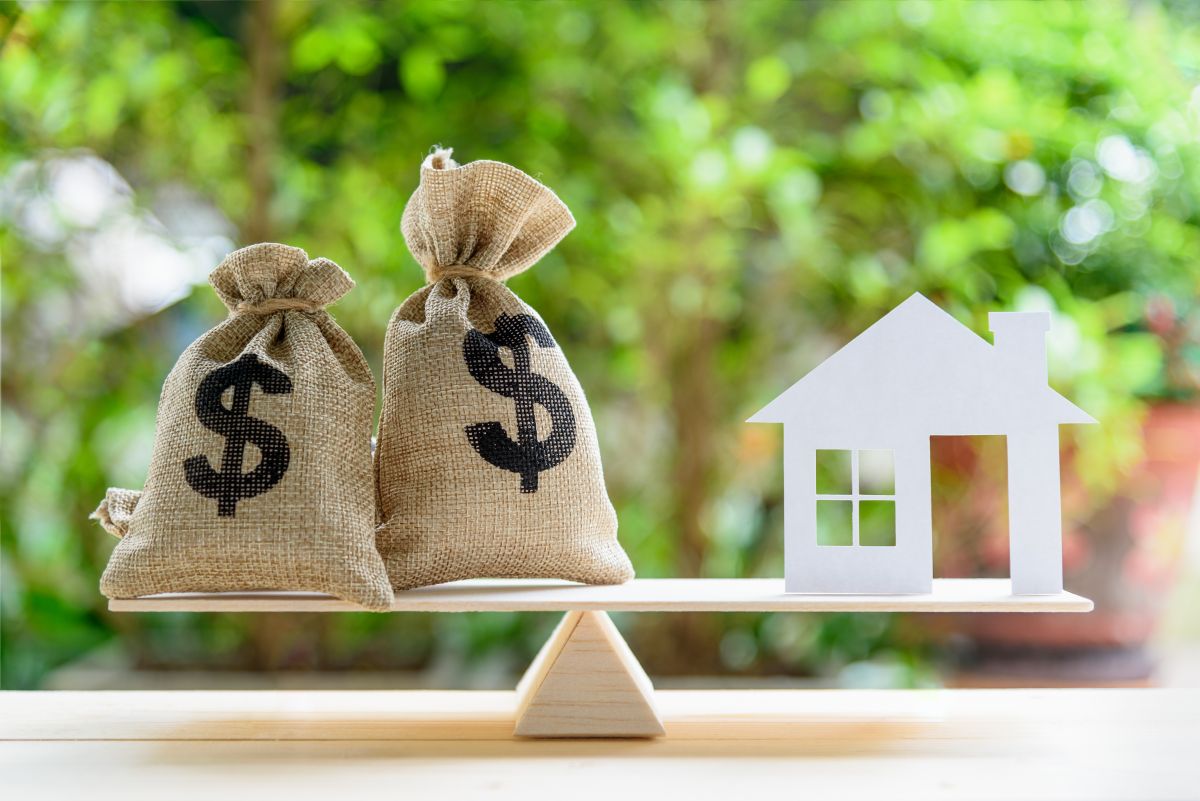If you’re looking to tap into your home’s equity, but aren’t sure how to calculate it or how to use it, the first thing you should know is that equity is the difference between the current value of a home and the amount you you still owe on the mortgage.
It is important to differentiate the principal from what you have paid. While your payments are part of your principal, so is home appreciation, the potential increase in price due to demand, inflation, and other factors.
Let’s say your home was originally worth $121 thousand dollars and you gave a down payment of $50 thousand dollars. At that time, your capital is $46 thousand dollars and your mortgage is $300 thousand.
After two years, you may have paid approximately $46 thousand dollars at a 5.1% mortgage rate, in addition to your down payment of $50 thousand, which brings your total payments to $96 thousand dollars. This means you owe the lender $121 thousand dollars.
However, if you get an appraisal on your home and its value has risen to $375 thousand dollars, your capital is not only $46 thousand dollars, but a total of $121 thousand ($375 thousand of the total value, minus the $254 thousand you still owe your lender).
To calculate equity, you need to know the current market value of your home to know its liquid value. This means that the first step in calculating your estate is to request an appraisal.
You can get a rough idea of the value of market your home by searching online, but keep in mind that what you find will only be a rough estimate based on current home prices in your area. Only a proper inspection will provide an accurate selling price, especially if you’ve done home renovations.
After an appraiser determines your home’s current value, you can subtract the remaining balance on your mortgage (what you still owe the bank) of the appraised value and the result will be the amount of equity you have.
Keep in mind that the value of a house changes constantly due to inflation, the real estate market demand, changes in your area or renovations and changes in the house itself.
Although most of the time the value of a home increases, there are also certain scenarios that can decrease the value, such as construction projects in the vicinity, increase in crime rates or a bad remodeling that you have done.
Knowing the accumulated capital of your house is important because it represents the amount of money that you would receive if you were to sell the house. It can also be used to take out larger loans, as the capital can serve as collateral to lenders if you were to obtain a home equity loan or line of credit.
Just remember to put your accumulated capital as collateral also means that lenders can sell your home to recoup their losses if you default on a loan.
You may also be interested in:
– Those who want to buy a home for the first time in the US, each farther away
– The Brooklyn neighborhood where home prices have dropped nearly a 50% This Year
– Retirement: 54% of Americans Say They Contribute minus your savings due to inflation
